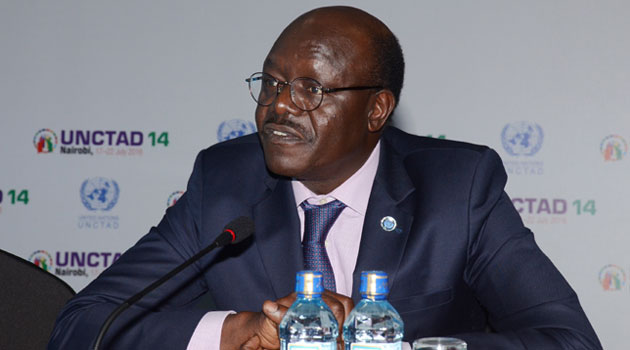The success of the African Continental Free Trade Area (AfCFTA) will be measured largely by its ability to change lives, reduce poverty and contribute to economic development in Africa. This is according to the ninth edition of the flagship Assessing Regional Integration in Africa report (ARIA IX) launched during the African Business Forum. Expounding on the report, United Nations Conference on Trade and Development Secretary General Mukhisa Kituyi said that competition, investment and intellectual property rights are crucial requirements in the next phase of the agreement. He also urged the African business community to take ownership of the integration effort on the continent. The report highlights challenges facing regional integration which include limited energy and infrastructure development, insecurity and conflicts and limited financial resources among others. Going forward, the report says e-commerce is likely to be a significant driver and outcome of intra-African trade. “The public and private sectors are increasingly adopting e-commerce platforms. Governments deliver services through them, electronic marketplaces aggregate consumer and producer demand as well as trade-related services, traditional businesses have incorporated e-commerce into their business models and operations and individual entrepreneurs and small businesses use social media platforms to engage with market opportunities,” reads the report. Source: Capital Business
AfCFTA success to be measured by how it changes lives, reduces poverty – Report
Posted on: July 11, 2019
Posted on: July 11, 2019
















